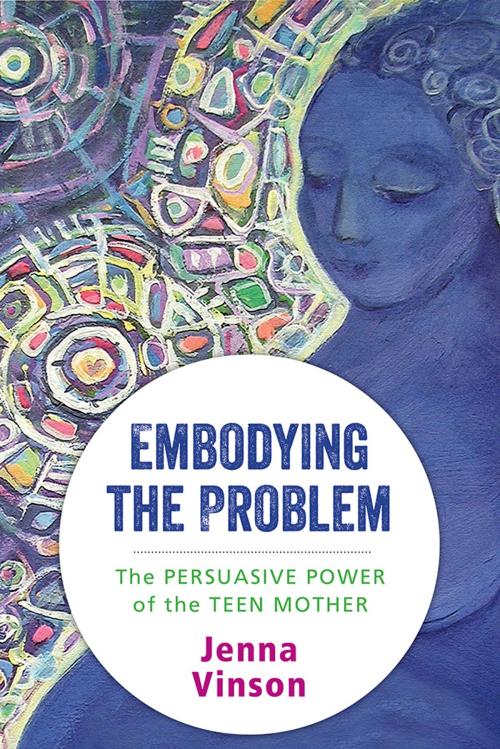Embodying the Problem
The Persuasive Power of the Teen Mother
Nonfiction, Family & Relationships, Parenting, Child Care, Health & Well Being, Health| Author: | Jenna Vinson | ISBN: | 9780813591025 |
| Publisher: | Rutgers University Press | Publication: | December 11, 2017 |
| Imprint: | Rutgers University Press | Language: | English |
| Author: | Jenna Vinson |
| ISBN: | 9780813591025 |
| Publisher: | Rutgers University Press |
| Publication: | December 11, 2017 |
| Imprint: | Rutgers University Press |
| Language: | English |
The dominant narrative of teen pregnancy persuades many people to believe that a teenage pregnancy always leads to devastating consequences for a young woman, her child, and the nation in which they reside. Jenna Vinson draws on feminist and rhetorical theory to explore how pregnant and mothering teens are represented as problems in U.S. newspapers, political discourses, and teenage pregnancy prevention campaigns since the 1970s.
Vinson shows that these representations prevent a focus on the underlying structures of inequality and poverty, perpetuate harmful discourses about women, and sustain racialized gender ideologies that construct women’s bodies as sites of national intervention and control.
Embodying the Problem also explores how young mothers resist this narrative. Analyzing fifty narratives written by young mothers, the recent #NoTeenShame social media campaign, and her interviews with thirty-three young women, Vinson argues that while the stigmatization of teenage pregnancy and motherhood does dehumanize young pregnant and mothering women, it is at the same time a means for these women to secure an audience for their own messages.
More information on the author's website (https://jennavinson.com)
The dominant narrative of teen pregnancy persuades many people to believe that a teenage pregnancy always leads to devastating consequences for a young woman, her child, and the nation in which they reside. Jenna Vinson draws on feminist and rhetorical theory to explore how pregnant and mothering teens are represented as problems in U.S. newspapers, political discourses, and teenage pregnancy prevention campaigns since the 1970s.
Vinson shows that these representations prevent a focus on the underlying structures of inequality and poverty, perpetuate harmful discourses about women, and sustain racialized gender ideologies that construct women’s bodies as sites of national intervention and control.
Embodying the Problem also explores how young mothers resist this narrative. Analyzing fifty narratives written by young mothers, the recent #NoTeenShame social media campaign, and her interviews with thirty-three young women, Vinson argues that while the stigmatization of teenage pregnancy and motherhood does dehumanize young pregnant and mothering women, it is at the same time a means for these women to secure an audience for their own messages.
More information on the author's website (https://jennavinson.com)















